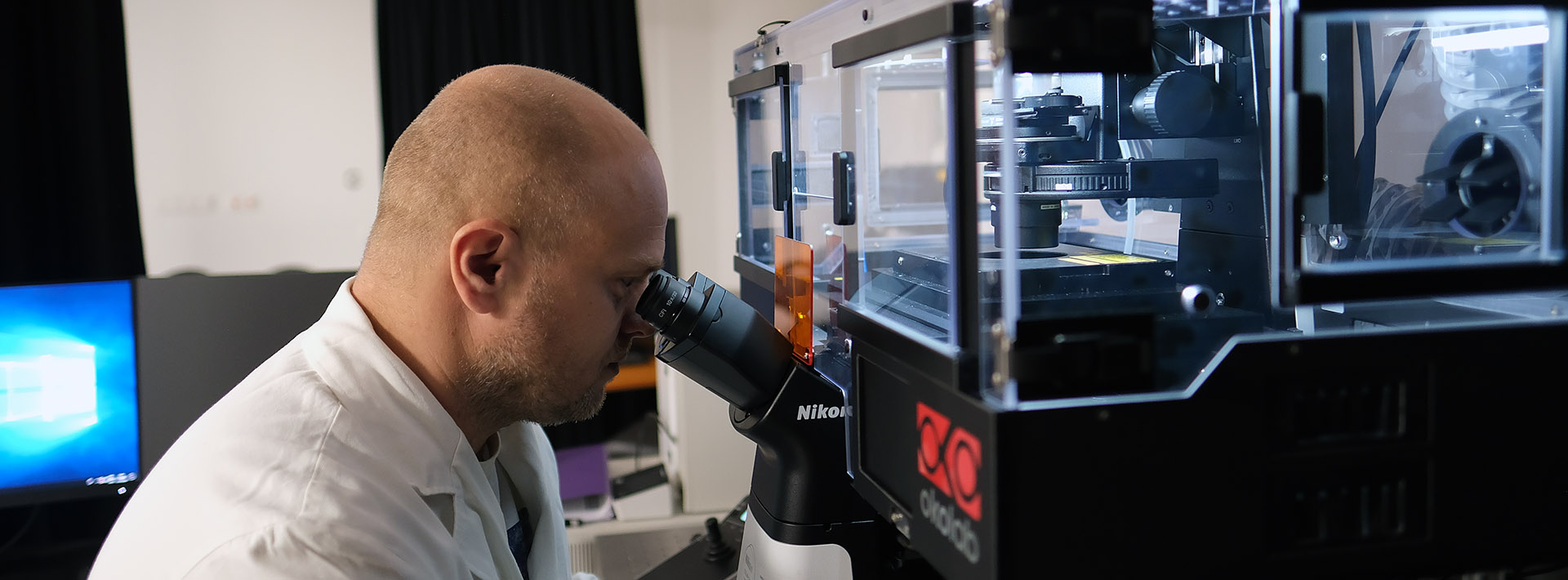Adatok
A Tantárgybejelentőben megadott hivatalos adatok az alábbi tanévre: 2024-2025
Tantárgyfelelős
-
Lénárd László Csaba (Élettan)
professor emeritus,
Institute of Physiology
Óraszámok/félév
előadás: 12 óra
gyakorlat: 0 óra
szeminárium: 0 óra
összesen: 12 óra
Tárgyadatok
- Kód: OAE-EHS-T
- 1 kredit
- General Medicine
- Elective modul
- autumn
OAA-BI2-T finished , OAA-MB2-T finished
Kurzus létszámkorlát
min. 5 fő – max. 25 fő
Tematika
Based on recent results, feeding related physiological and pathophysiological mechanisms will be discussed. Students will be trained to understand these mechanisms. The knowledge based on this course will highly contribute to better understanding further clinical studies on human diseases.
Peripheral and central mechanisms of hunger, satiety, salt appetite and body weight regulation will be discussed. Lectures will include the following topics: Neural and humoral processes. Peripheral and central glucose-monitoring system. The role of neuropeptides in the control of feeding and hydromineral balance. Pathological processes: obesity, bulimia, anorexia.
Előadások
- 1. Basic parameters: caloric intake, energy expenditure, measurement of food and water intake, body weight and body mass index. Body weight curves during development, adulthood and senescence. - Lénárd László Csaba (Élettan)
- 2. Peripheral and central mechanisms of body weight regulation. - Lénárd László Csaba (Élettan)
- 3. Endocrine mechanisms: the role of different hormones. - Lénárd László Csaba (Élettan)
- 4. Body weight loss, obesity. Long run pathological consequences of obesity. - Lénárd László Csaba (Élettan)
- 5. Hunger and satiety. Motivational mechanisms. Overeating, rejection. - Lénárd László Csaba (Élettan)
- 6. Hypothalamic dual centers. The role of limbic system in hunger and satiety. - Lénárd László Csaba (Élettan)
- 7. Peripheral glucose related signals. The central glucose monitoring system. - Lénárd László Csaba (Élettan)
- 8. Food rewarded learning, the role of reinforcement. Aversive learning, the role of conditioned taste aversion in feeding habits. - Lénárd László Csaba (Élettan)
- 9. The sight, odor, taste and texture of foods and their detection in the limbic system. Ingestive and rejective mimetic responses and their genetic determination. The role of monoamines in the regulation of feeding. Similarities of food rewarded learning and addictive behavior. The role of dopamine and neuropeptides. - Lénárd László Csaba (Élettan)
- 10. Orexigenic and anorexigenic neuropeptides. - Lénárd László Csaba (Élettan)
- 11. The role of the central angiotensinergic system in drinking and hydromineral balance. - Lénárd László Csaba (Élettan)
- 12. Childhood obesity and cognitive processes. Anorexia nervosa, bulimia and binge eating. Clinical relevance of animal experiments - Lénárd László Csaba (Élettan)
Gyakorlatok
Szemináriumok
A tananyag elsajátításához szükséges segédanyagok
Kötelező irodalom
Saját oktatási anyag
Jegyzet
Notes taken at the lectures.
Ajánlott irodalom
A félév elfogadásának feltételei
-
Félévközi ellenőrzések
Written exams.
Távolmaradás pótlásának lehetőségei
-
Vizsgakérdések
There are no pre-created questions, in the last hour of the last lecture, students must write an essay on the questions asked by the instructor
